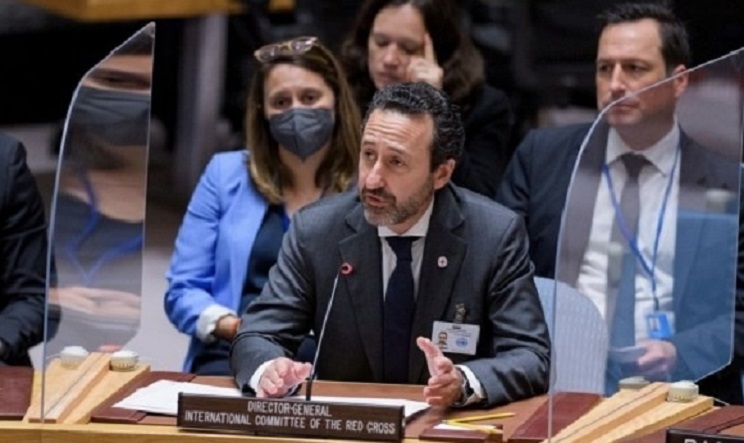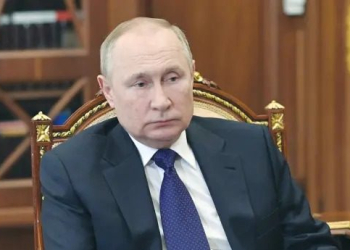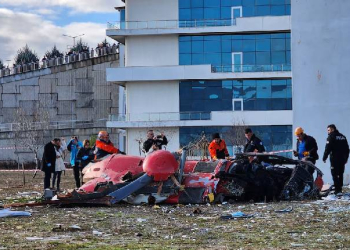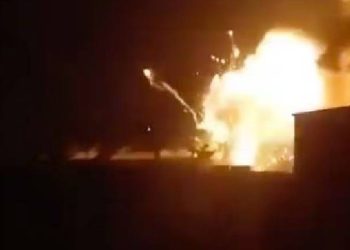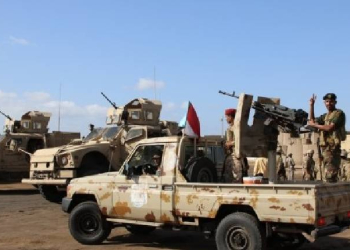United Nations: Robert Mardini, Director-General of the International Committee of the Red Cross (ICRC), has highlighted three areas of particular concern with regard to the protection of civilians in armed conflict.
In a briefing to a UN Security Council open debate on the subject, Mardini said the first issue of concern is the appalling human cost of wars in cities, reports Xinhua news agency.
“I hardly need to remind you of the massive harm urban warfare causes, primarily to civilians, all the more so when explosive weapons with wide-area effects are used,” he said.
This clearly raises serious questions about how parties to such conflicts interpret and apply relevant rules of international humanitarian law. In fact, the concept of “military necessity” is abused more often than not, used as an excuse for the use of force rather than as a reason to limit it. The risks often increase when weapons are supplied to belligerents by allies or partners without proper oversight, he said.
The second issue of particular concern is the rapid spread of misinformation, disinformation and hate speech during armed conflict, said Mardini.
“We are seeing first-hand in our operations how this phenomenon reduces the ability of affected people to make well-informed decisions that impact their safety and dignity. It dangerously distorts information vital to human needs, such as access to safety, shelter and health care. We are also seeing the surge in misinformation, online and offline, which is jeopardizing humanitarian efforts to earn the trust and acceptance of affected people. False narratives around the role of humanitarian organisations not only hamper our work but can create dangers for the people we are trying to protect and assist and for our staff,” he said.
The third concern relates to the increasing pressure on front-line humanitarian organisations to help states obtain information for eventual criminal proceedings in armed conflict, he said.
Better respect for international humanitarian law requires accountability, which, in turn, helps prevent violations of international humanitarian law. But there is a need to separate the work of humanitarian organisations from that of investigative bodies. This is critical to preserve neutrality and impartiality and to access populations in need, he said.
The ICRC urges states to take decisive action in the three particular areas of concern: to make the protection of civilians a strategic priority in the planning and conduct of all military and security operations in populated areas; to avoid and prevent the spread of misinformation and disinformation in armed conflicts and mitigate its impact on affected people; and to ensure accountability for victims without compromising the neutral and humanitarian space within which humanitarian organisations need to operate, he said.
“Action in these three areas would go a long way toward ensuring better protection of civilians in armed conflicts everywhere.”
(IANS)



